Inside Portland’s Radical New Parenting Groups
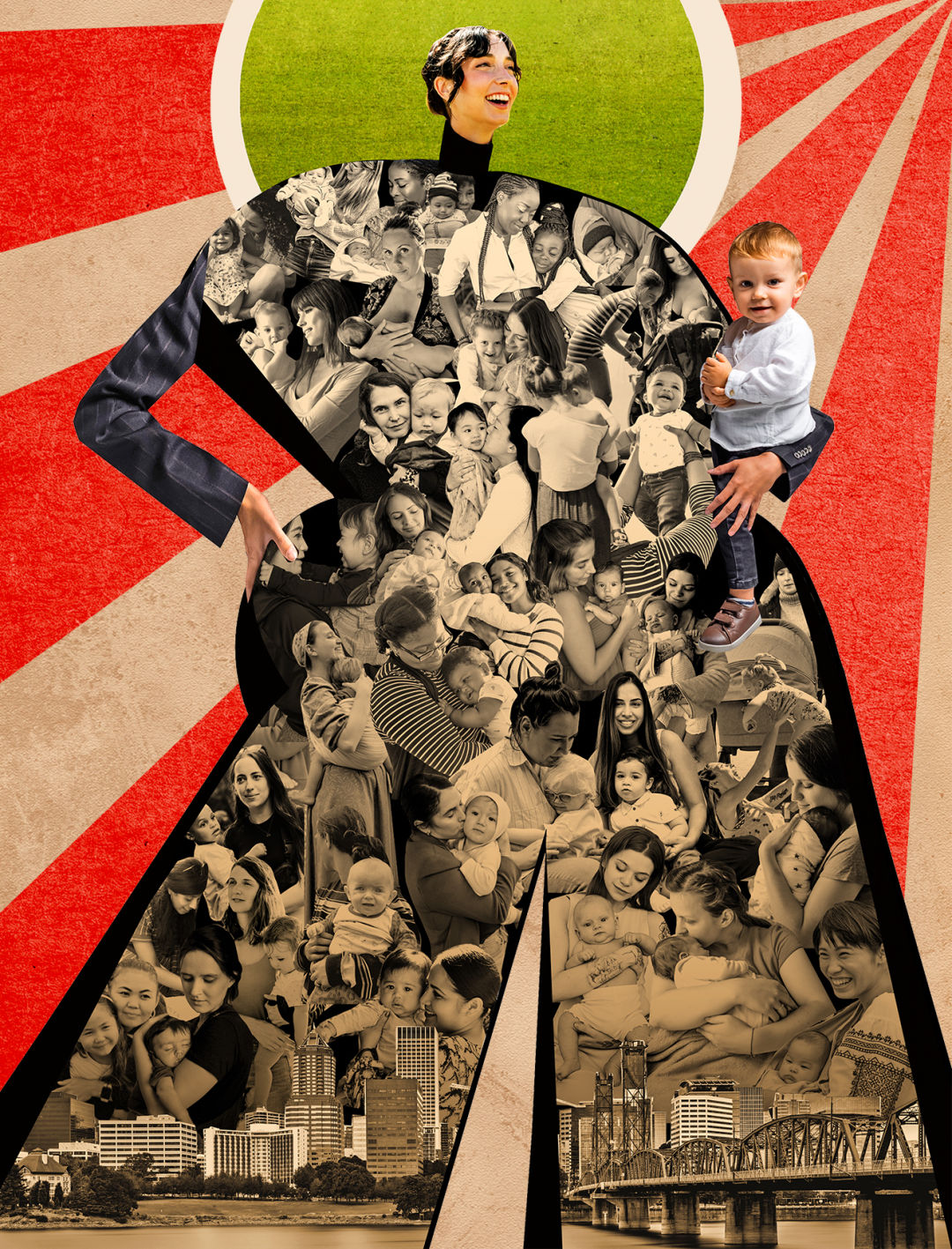
Babies coo, toddlers trip over fallen fruit, and big kids (mine among them) hang from the branches of abundant apple trees that shade a wide circle. Some adults sit quietly nursing newborns, others dole out snacks to restless kids, and a few lucky ones peacefully sip tea, their children happily occupied, or safely snoozing in another parent’s arms. Today, Southeast Portland’s Green Thumb Orchard is home to Partum Gardens, a postpartum care collective that meets here every Wednesday. As mothers, kids, and other caregivers finish snacks and lay their picnic blankets, Annie Chensoff, who cofounded the group with Heidi Schmidgall, invites everyone to introduce themselves. Wearing her own six-week-old and wrangling her 3-year-old, she asks everyone to share their name, their kids’ name(s), and a “sweet message” they want to send to themselves today.
The idea of “healing in community” may sound like a pipe dream, or worse, like the kind of marketing speak used to pitch an expensive wellness retreat. Likewise, the feminist idea that “the personal is political” can feel empty in 2024, more of a line on a T-shirt than an ideology. But both ideas are palpably at work in this Brentwood-Darlington garden full of mothers. One by one, sometimes tearfully, the caregivers share thoughtful, raw, funny messages to themselves as they soothe their babies, gently rub each other’s backs, and listen.
“I’d like to nourish myself with some good meals,” a mom shares. “I am anxious about going back to work after three years at home, and I’m also ready to be away from my daughter. I’m trying to be OK with that,” says another. “I’d like to feel present in my body again.” “I don’t really know who I am right now, but I am glad to be here.” “I am just trying to raise a kid who isn’t a butthole.”
Parenting in isolation has been the norm in the US for generations, despite somewhat ubiquitous messages like the old adage “it takes a village.” As the nuclear family model gained popularity among upper- and middle-class, primarily white homes in the twentieth century, mothers generally became the primary—and, unless they could afford nannies or childcare, only—caretakers in many homes. The diaper hit the proverbial fan when COVID-19 shut down schools, day cares, and offices around the world. Giving birth with limited support, muddling through Zoom kindergarten—through it all, parents received a repeated, visceral message from every direction: No one was coming to save us.
“When I became a mother [in 2021], it was like, Oh, this is where the revolution is happening,” Chensoff says. Partum Gardens is emblematic of a specific crop of radically minded, parent-focused groups that have emerged across the city in recent years, part of a broader cultural movement shifting away from childcare in isolation and toward more collective parenting models. Creating a village of parents to raise their children collectively, often referred to in academic contexts as alloparenting, was not the goal of most baby groups throughout the second half of the twentieth century. They often prioritized infant care and development, teaching new moms things like breastfeeding and diapering. “In the 1950s and 1960s, fashions in child-rearing advice also changed markedly,” writes historian Laura Tisdall in a deep dive into England’s postwar parenting traditions. “In parenting manuals and in talks aimed at parents in parent-teacher associations, local parenting groups and radio broadcasts, parents were also advised to take a more child-centred attitude to the upbringing.” In many cases, mom groups became more about social competition as opposed to solidarity: In a 2010 study, a group of Ontario mothers disclosed that they often encountered judgment, exclusion, or the reinforcing of gender roles in these groups, despite the purported goal of mutual support.
But in recent years, moms have more vulnerably grappled in digital spaces like TikTok or Instagram with the messy, uncomfortable realities of parenthood, while “tradwives” and young conservatives on those same platforms repackage subservient domesticity as a salve for the exhaustion of contemporary life. These newer parenting groups offer an alternative, addressing the very real burdens of raising a kid in an increasingly demanding world without judgment and challenging the idea that feminism and motherhood are mutually exclusive. Instead, they believe that raising kids in solidarity is better for all—for parents, their children, and their broader community.
Where Partum Gardens feels radical, barrier-free, and maybe a little earth witchy, Papillon Collective takes a more businesslike approach to revillaging Portland. The group educates new and expecting parents about the physical realities of the postpartum body and brain in a way traditional OB care does not. And MomsClubPDX, a monthly coffee shop meetup run by a death doula, addresses the grief, loss, depression, and anxiety that so often accompany new motherhood. Although their focuses vary, the groups all actively reject antiquated expectations that women put their role as caregivers above all else; in fact, they see such expectations as actively harmful to both caregivers and those they care for. Building a web of support around a new mother—to empathize, to empower her, to acknowledge her burden and lighten it, to make her role more sustainable—is the point. At the coffee shop, or in the orchard, postpartum mothers are understood as newly born themselves, in need of guidance and care in order to navigate the many bumps they encounter in parenthood.
Ruby Addiline, the founder of MomsClubPDX, conceived of her group following a disappointing therapy session. She had recently given birth to her daughter, right around the same time her grandmother died. Sad, lonely, and lost in a exhausted haze, she hit a wall. “You know that scene in Mean Girls when Regina George rushes home, rips out the Burn Book, screaming the whole entire time?” she says. “That was me. I downloaded Canva in a postpartum rage and I’m like, I’m going to find other people who are like me.”
MomsClubPDX—“Gender inclusive birth-havers getting together building
community”—meets every third Sunday at Heart coffee shop. It’s one of Portland’s most easygoing, low-lift mom support groups: simple in structure, but revolutionary in that Addiline warmly, casually welcomes a full spectrum of feelings. Addiline originally trained to become a pastor; instead, she is now a death doula. A parent herself, Addiline sees new motherhood as a time of grief as much as joy—grief for the loss of her old self, for free time. And, the same way those grieving the dead lean on family members or friends, new moms need that same sense of communal care. “I wanted to find people who I could grieve with,” she says. “We laugh, we cry. I hold their baby, they go to the bathroom, and vice versa.” There are regulars, there are newbies, and everyone is welcome, she says. “It’s literally for anyone who feels like they’re the mom in this relationship of raising children.”
Babies aren’t the only people developing when someone becomes a parent.
Matrescence refers to the massive biological, hormonal, neurological, psychological, and sociological changes a birthing person undergoes when they conceive a child, give birth, and adjust to their new role as caretaker. Though the idea has been around since the 1970s, it has been bolstered in the past decade or so by cutting-edge research into the ways that the maternal brain changes during pregnancy and after childbirth. Global activists and researchers argue that matrescence is a transition that is more painful in many Western, patriarchal cultures than it should be because we experience it in isolation.
Recent research on perinatal loneliness has shown direct correlations between loneliness and postpartum depression. However, it seems that even very basic access to creative outlets and supportive communities can ease or even prevent postpartum depression. This past August, the US surgeon general issued an advisory statement “calling for a fundamental shift in how we value and prioritize the mental health and well-being of parents.” The statement highlighted what negative impacts of not doing so has on society as a whole, as well as child outcomes. Among the many recommendations related to improving American parents’ mental health in the report, one stands out: “Nurture connections with other parents and caregivers.”
Papillon Collective founder Caitlin Cunningham is acutely aware of the role that collective care can play in battling postpartum depression. Cunningham experienced birth trauma with her first child, which was followed (as birth trauma often is) by postpartum depression. Mostly by googling desperately in the wee hours, Cunningham eventually clawed her way out of her depression through self-education, acupuncture, medication, and therapy. However, when she was pregnant a second time, she felt activated and motivated to create the change she knew new parents needed. “I didn’t want others to suffer the way I did.”
Since launching Papillon Collective just two years ago, Cunningham has already built a hub for new and expecting mothers that’s so popular her offerings—from pregnancy to new mom to “big baby” mom groups—are often sold out. Parent-
educators with perinatal specializations lead each of her eight-week sessions, held at the Laurelhurst Club. She’s expanding to offer “big kid” mom groups, too. Parents can bring their babies, but the focus is on the moms’ well-being.
Mothers who have “graduated” from her programs speak of their experiences in similar ways, she says, explaining that even though the groups do offer practical support (like info sessions about pelvic floor therapy), the logistics of new parenthood are only part of the value of bringing moms together. “What I’ve realized after a year and a half is that these women really lean on each other,” she says. “You’re not always going to call your OB or midwife at 2am. You’re going to ask your friends, Hey, are you experiencing this? Just connection and community—that is the biggest benefit.” Even the name Cunningham chose—Papillon (which means “butterfly” in French) Collective—speaks volumes. Motherhood is a metamorphosis, she asserts, best experienced in solidarity.
Psychedelic experiences are—much like the transition to motherhood—often transformative, and best experienced together. So perhaps it’s not so shocking to find that another of Portland’s emerging parental care communities is built around a shared interest in mind-expanding plant medicines like psilocybin. Plant Parenthood‘s Portland chapter meetups are not gatherings where parents trip with toddlers in tow. Rather, they’re a place for parents to reflect on the psychedelic experiences they may have had, or hope to have, and integrate them into their lives as parents. “A psychedelic experience can make you feel the connection to your place in a system, your place in relation to everything,” explains Dr. Ashleigh Young, a psychologist who facilitates the meetups with integration coach and parent Aaron Donne. “That’s a really potent part of parenthood, too: your connection to your child, and thinking about yourself within a family line.”
When Young first became a parent, she had little interest in traditional mom groups. She found the topics of conversation boring, reduced to the minutiae and mundanity of baby care. Plant Parenthood’s discussions kaleidoscope into a broader exploration of each member’s inner lives. Young and Donne specifically ask fellow guests not to offer advice (“unless it’s wanted”); instead, they think of it as a place to “just be witnessed in life, and especially in parenthood.” Parenthood, Young says, can be such a lonely experience that there is a huge amount of power in simply being seen and understood by others. As members of her group explore insights from their important psychedelic experiences, she explains that there is a unique sense of shared understanding that, simply, “feels really good.”
Community is more than just a feeling of connectedness; it’s also, very actively, a showing up, a choice to shape your world to better help the people around you. Back in the sunny orchard at Green Thumb, among the caregivers
of Partum Gardens, parents donate their time to help with childcare or food preparation, offer cooking tutorials or pelvic floor workshops, lead crafting projects or teach gardening fundamentals. They host fundraisers, participate in activist projects like Birds of Gaza, organize for climate justice. Chensoff and Schmidgall embody their mission with their warm presence and clear-eyed devotion to their shared belief that parenting can be a radical act, and that the transition to parenthood is therefore a crucial moment, a rite of passage best experienced with others. “In mutual aid, we take care of each other,” Chensoff says. “Let’s show people what community looks like.”
Born out of desperation, these groups have been not only helping mothers raise their kids, but also raising healthier, happier mothers. The way this generation will grow up compared to ones before them is another story, one that is still being written. It’s possible, however, that revolution looks like gentle curiosity on the faces of kids in a sun-dappled garden, absorbing their mothers’ “sweet messages for themselves”—present for their own moms’ joy and healing. The kids will be alright, because the mothers are, together, better than ever.
Share this content:


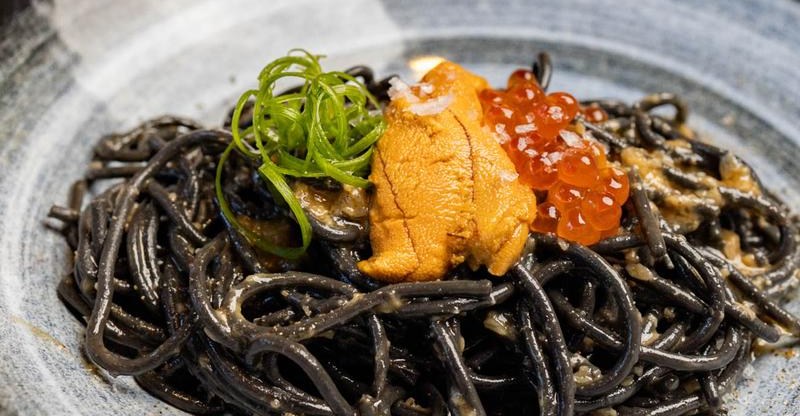
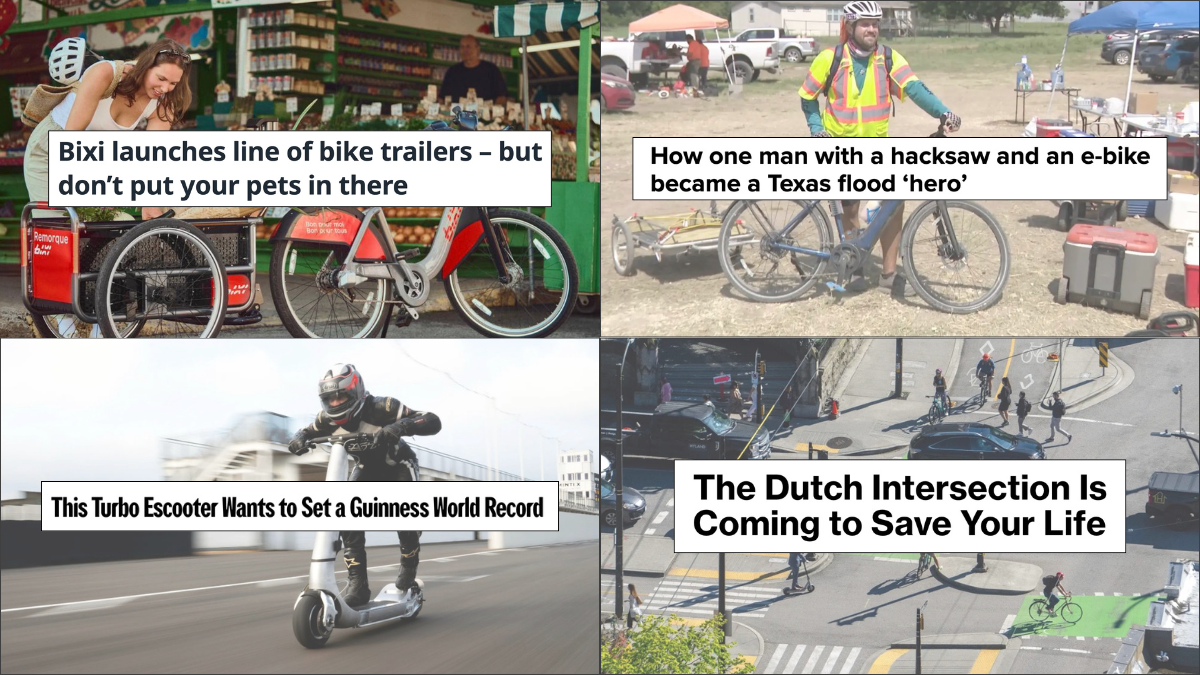
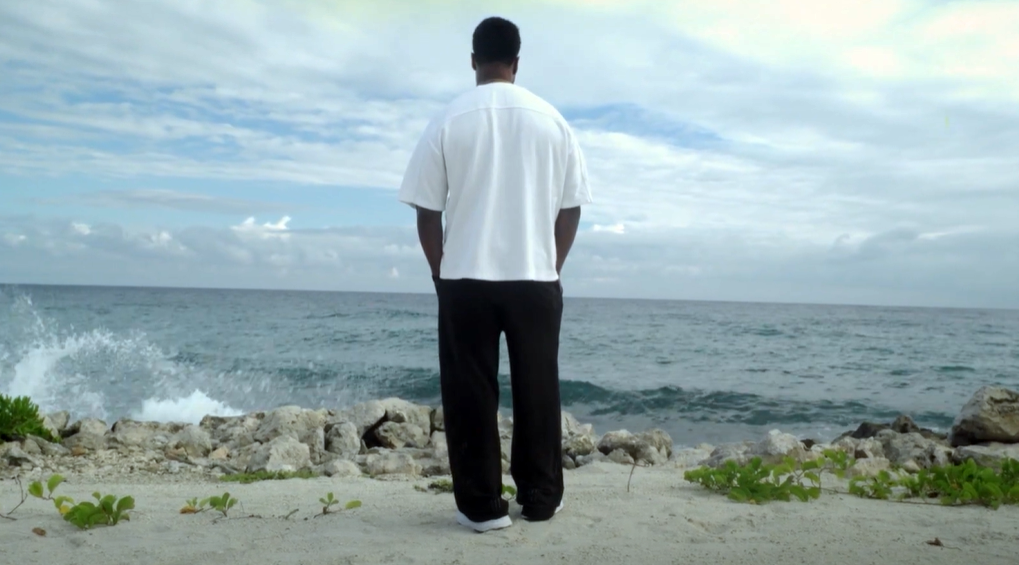

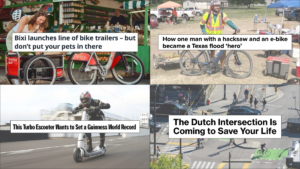
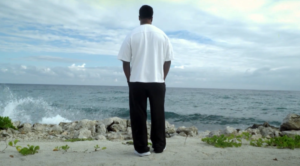




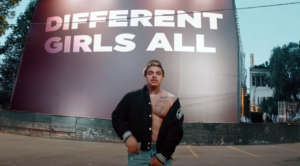


Post Comment